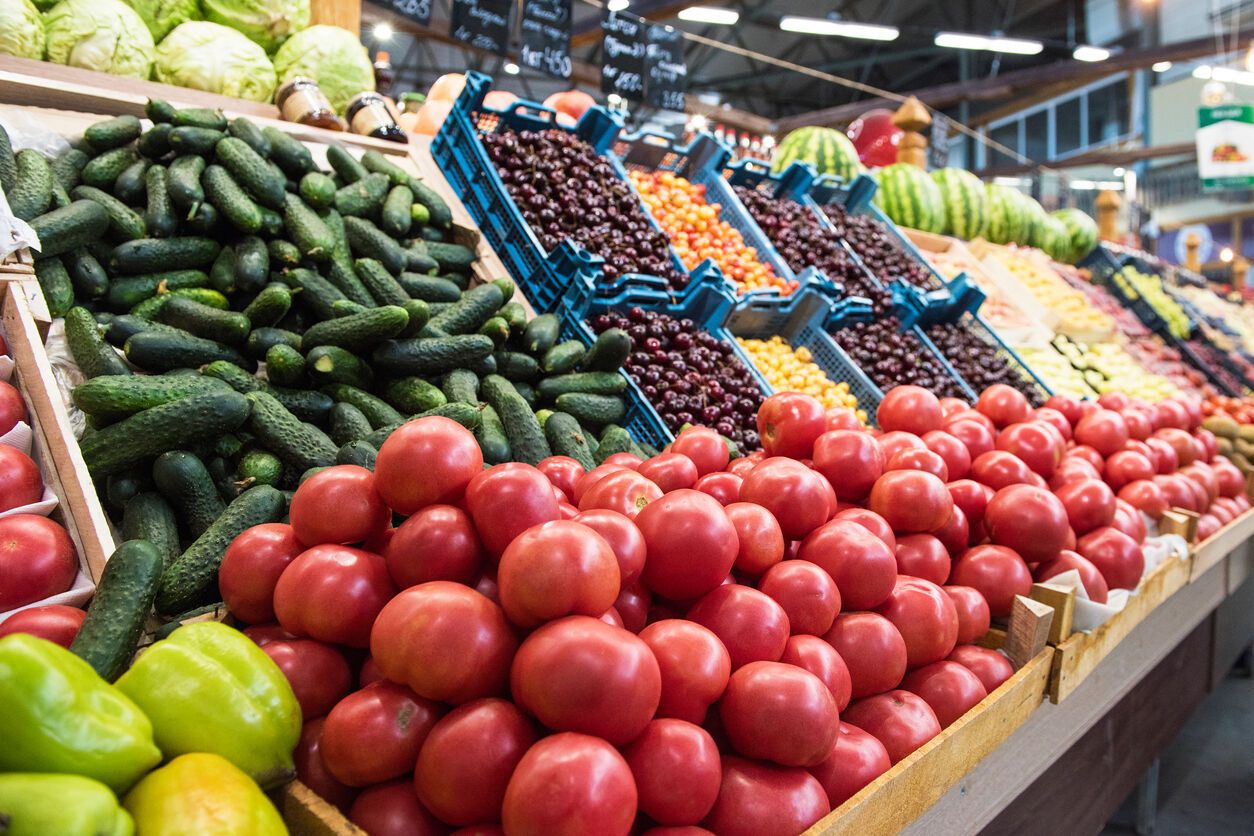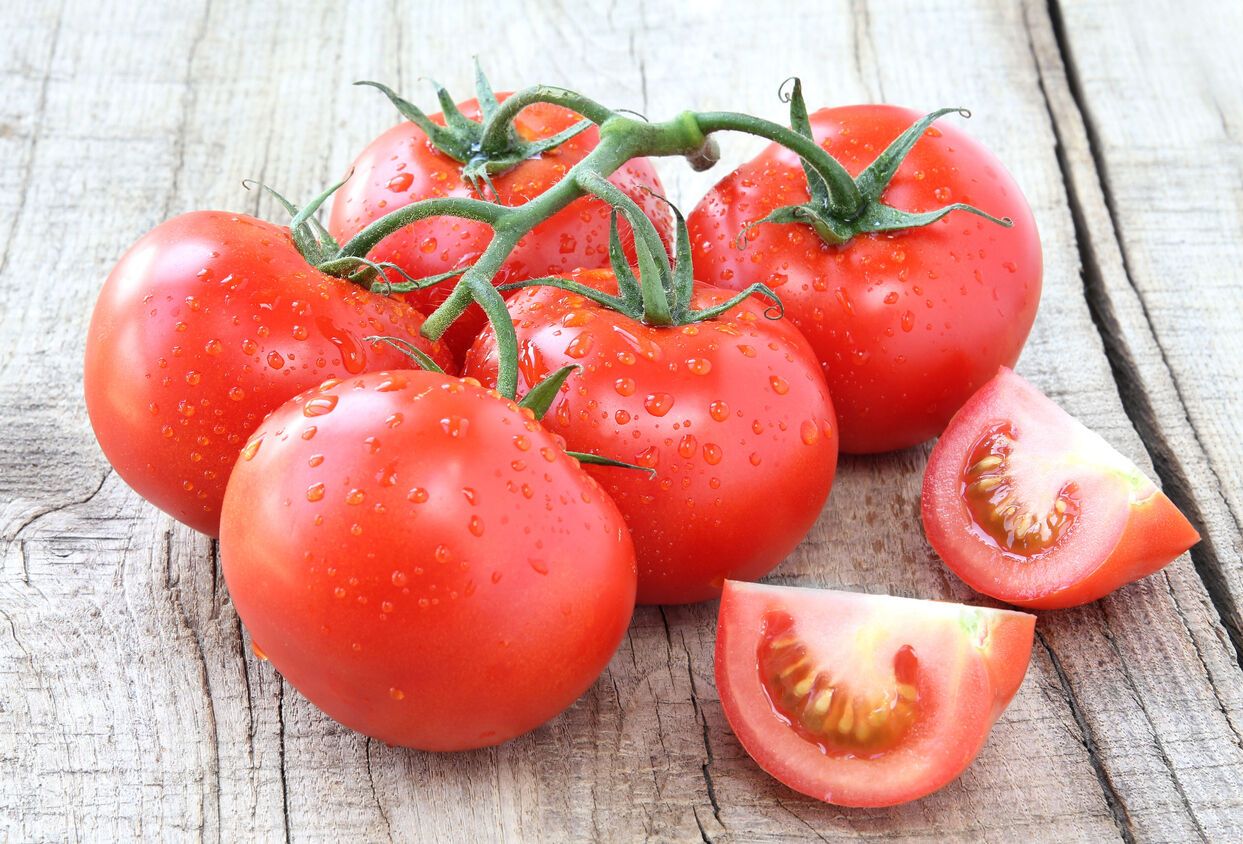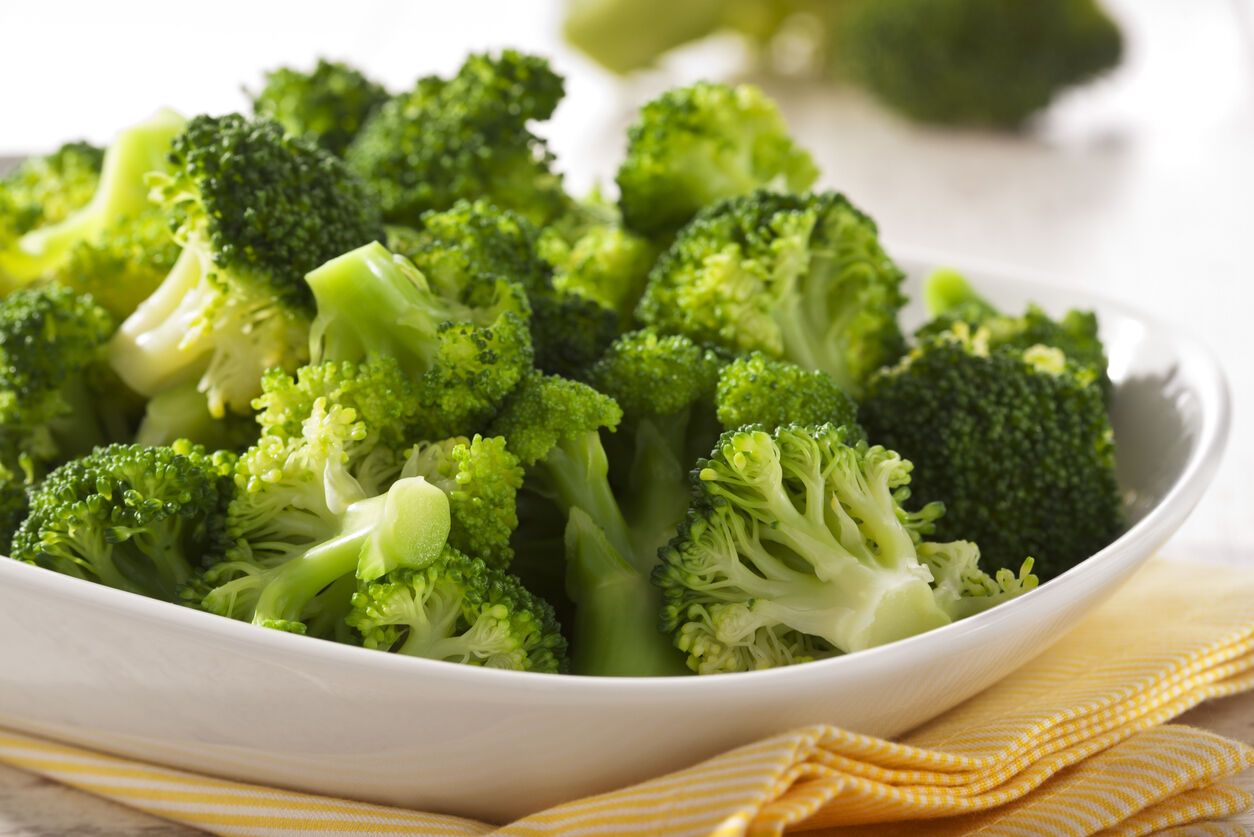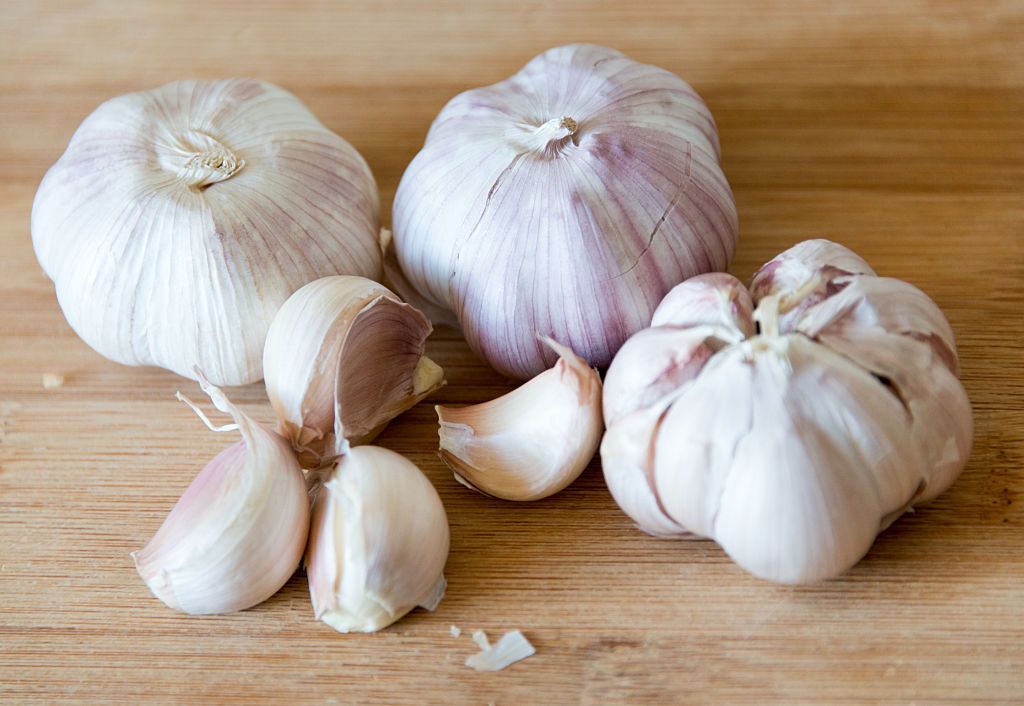LS Food
The 5 healthiest vegetables according to research results
Vegetables stand out among other foods because of their richness in phytochemicals, fiber, and other nutrients that contribute to improved nutritional quality. First of all, we are talking about tomatoes, onions, and broccoli.
Their daily consumption is associated with metabolism and disease prevention. The World Health Organization (WHO) estimates that an average of 1.7 million lives could be saved each year by significantly increasing the amount of these foods in the diet, according to mejorconsalud.com.
In this regard, the nutritional recommendations pay special attention to increasing the consumption of fruits and vegetables as a strategy for disease prevention and health maintenance. In addition, it is a way to get the necessary micro- and macronutrients.
Vegetables and phytochemicals
Vegetables stand out among foods for having a wide range of active compounds that provide health benefits. These substances are known as phytochemicals, but they are also called phytonutrients or nutraceuticals.
There are different groups of phytochemicals. Each of them contains a huge number of substances that have anti-inflammatory effects:
- Carotenoids: lycopene and beta-carotene.
- Phenolic compounds: polyphenols and flavonoids.
- Sulfated compounds: allicin and luteonin.
Which vegetables are the healthiest?
Epidemiological studies have shown the role played by certain foods in the prevention of cardiovascular, neurodegenerative diseases and various types of cancer.
Tomato
Tomato is a source of lycopene (carotenoid). It accounts for 80% to 90% of this phytochemical, which also occurs naturally as a natural pigment responsible for the red and orange color of some fruits and vegetables.
In addition to this, tomato is considered healthy due to its fiber, protein, vitamins A, C, and E, potassium, and low calorie and fat content.
Onion
Onions contain phytochemicals such as luteolin, luteolin glycosides, and flavonols. Darker onions with a more pronounced flavor are the ones with the highest anti-inflammatory activity.
Broccoli
Broccoli is notable for its sulfur compounds. Luteolin is the main component and serves as a mediator of antioxidant and anti-inflammatory processes associated with age. There are studies showing that it can have a protective effect on the stomach, even in low concentrations.
Carrots
Carrots are a good food from a nutritional point of view because they are an important source of vitamins and minerals. In addition, it is one of the vegetables with the highest dietary fiber content.
Its orange color is due to the presence of carotenoids, including beta-carotene, a natural pigment that the body converts into vitamin A. In turn, this vitamin promotes healthy vision, helps form and maintain teeth, bones, and mucous membranes, and supports healthy skin.
Garlic
Garlic contains allicin, a sulfonated compound that has an important antibiotic function. Studies show that it can help prevent the growth of pathogens that cause infections. However, it should be borne in mind that this compound is formed when garlic is crushed or chewed.

































